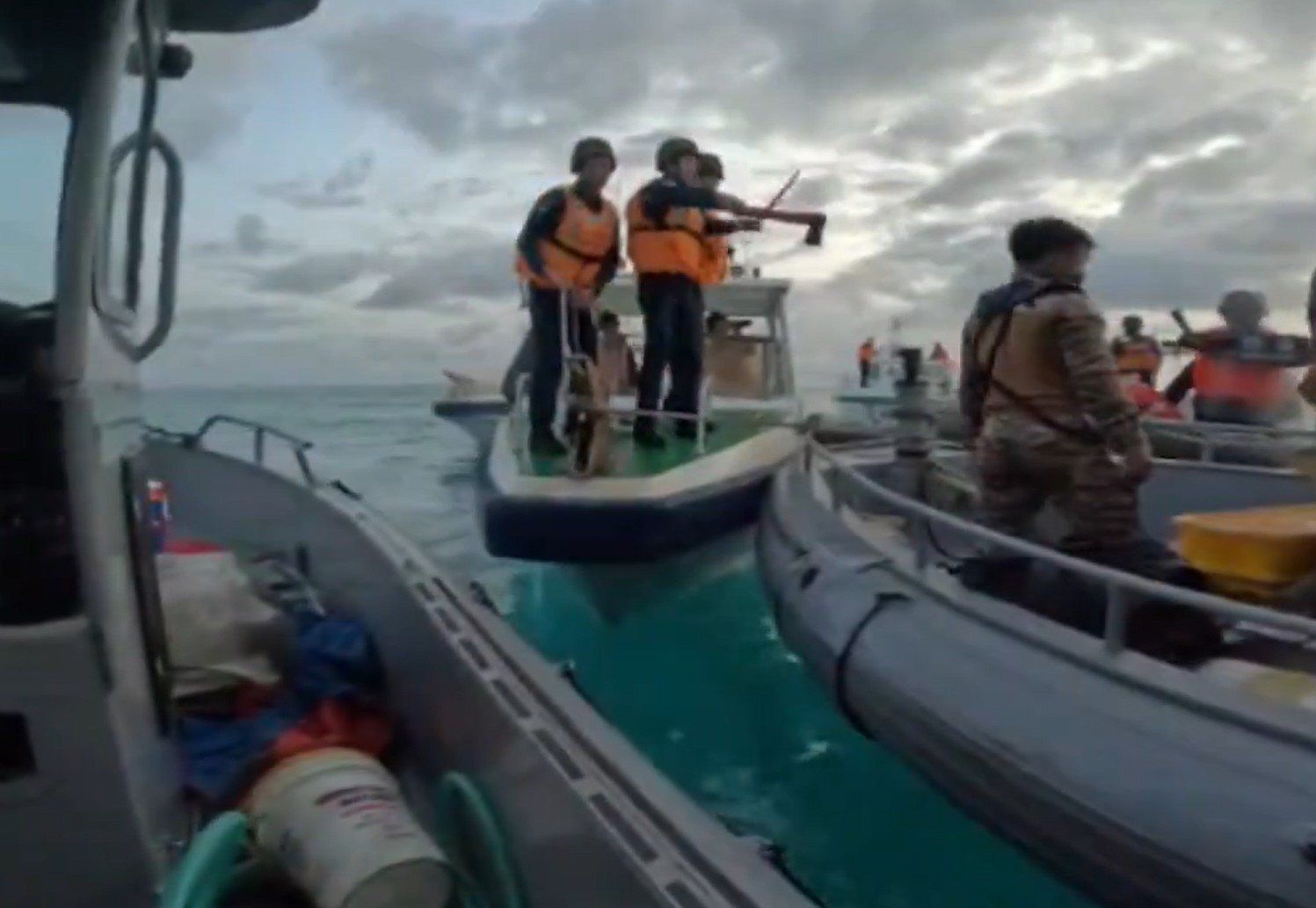Philippine President Ferdinand Marcos Jr. attempted to de-escalate tensions between Manila and Beijing this Saturday following last week’s violent maritime confrontation during a resupply mission to the Second Thomas Shoal. Chinese forces last Monday rammed Philippine navy boats, confiscated rifles and inflatable craft, and attacked sailors with axes and machetes.Five seamen were treated for injuries including one who lost a thumb.
“We are not in the business of instigating wars,” Marcos said at a ceremony awarding medals to soldiers involved in the mission, but added: “We will never be intimidated or oppressed by anyone.”
Marcos refused to invoke his country’s 1951 mutual defense treaty with the US,which condemned China’s actions, as did the European Union, Japan, Australia, and other Western and Asian nations. Washington has made it clear to Beijing thatthe treaty requires it to defend Philippine forces if they are attacked.
In what some are calling a concession to China, Marcos also approved a recommendation by the Philippine National Maritime Council to publicize the navy’s schedule for supply runs to the Shoal. Executive Secretary Lucas Bersamin suggested that China’s lack of prior knowledge about the latest missionmay have triggered the confrontation. We’ll be watching whether improved communication can keep a lid on Beijing’s aggression in the area.